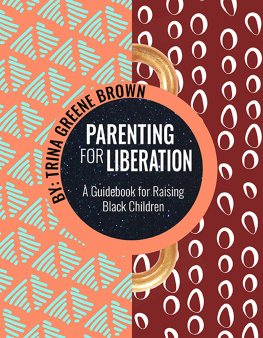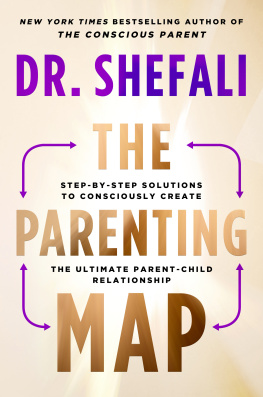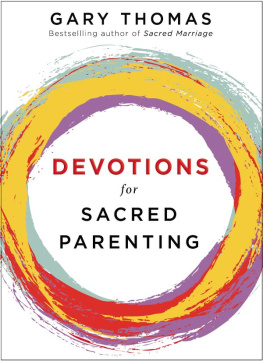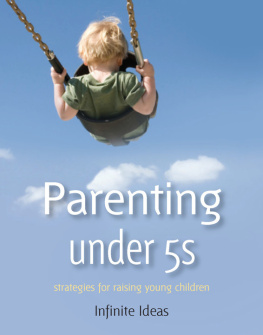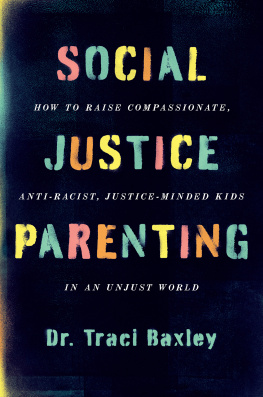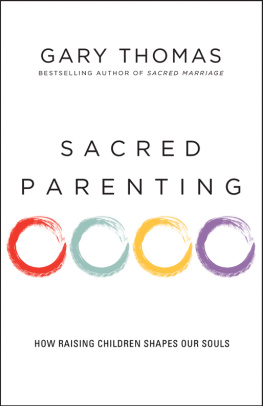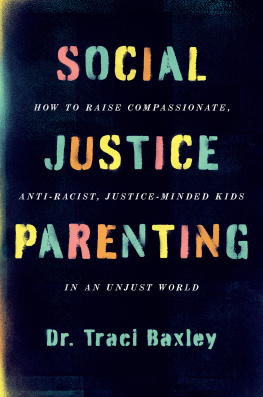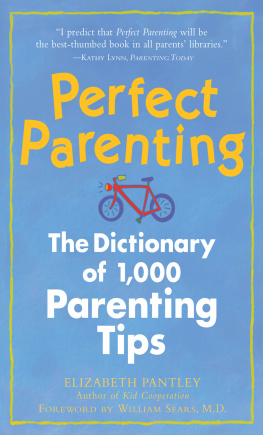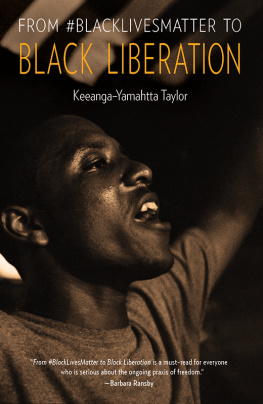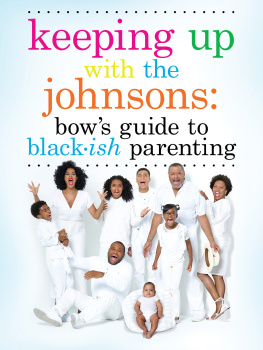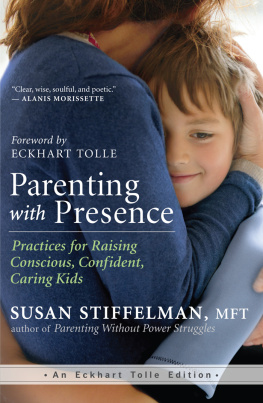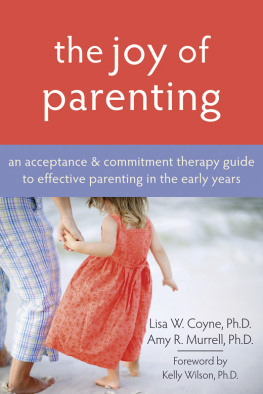
Published in 2020 by the Feminist Press
at the City University of New York
The Graduate Center
365 Fifth Avenue, Suite 5406
New York, NY 10016
feministpress.org
First Feminist Press edition 2020
Copyright 2020 by Trina Greene Brown
All rights reserved.

| This book is supported in part by a grant from the NoVo Foundation. This book was made possible thanks to a grant from New York State Council on the Arts with the support of Governor Andrew M. Cuomo and the New York State Legislature. |
No part of this book may be reproduced, used, or stored in any information retrieval system or transmitted in any form or by any means, electronic, mechanical, photocopying, recording, or otherwise, without prior written permission from the Feminist Press at the City University of New York, except in the case of brief quotations embodied in critical articles and reviews.
First printing June 2020
Cover design and interior art by Amir Khadar
Photos throughout by Jayia Kim
Text design by Drew Stevens
Library of Congress Cataloging-in-Publication Data is available for this title.
ISBN 978-1-936932-84-9
PRINTED IN THE UNITED STATES OF AMERICA
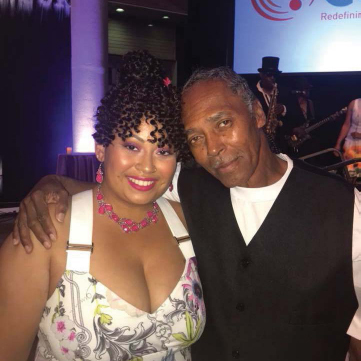
This book is dedicated to my daddy, Timothy Greene (9/20/19581/14/2020).
Its because of the love and power you instilled in me that I am the liberated parent I am.
Contents
Introduction
I n 2014, when my son was five years old, it seemed like every time I watched the news, I saw another Black person being murdered or impacted by state violence. It wasnt only adult men and women, but young Black childrens lives that were (and still are) being taken by those sworn to protect and serve. The recurring images of Black bodies left in the streets after being shot by police (such as Michael Brown, an eighteen-year-old gunned down in Ferguson, Missouri, in the summer of 2014 whose lifeless body lay in the street for four hours), coupled with the historical legacy of Black bodies hanging after lynchings, compounded my fears as a Black parent. Trayvon Martin, Jordan Davis, Aiyana Stanley-Jones, and Tamir Riceare contemporary Emmett Tills. I became worried that I would become a modern-day Mamie Till-Mobley, a mother-turned-activist after her fourteen-year-old son, Emmett Till, was murdered in the summer of 1955 in Mississippi when Carolyn Bryant Donham falsely accused him of whistling at her. Mamie is a foremother to the many modern-day mothers of the movement, all of whom are compelled by grief to share their childrens deaths publicly with the world; it is a club that many Black mothers are fearful that we will be forced to join, crying over the bodies of our African American children. This fear, which is a trauma response, encourages Black parents (including me, and maybe you) to engage in parenting strategies that are detrimental to Black children, in the name of protecting themand us.
These behaviors are rooted in what Dr. Joy DeGruy coined as posttraumatic slave syndrome wherein African Americans adapted their behavior over centuries in order to survive the stifling effects of chattel slavery, effects which are evident today in large part related to transgenerational adaptations associated with the past traumas of slavery and ongoing oppression. Dr. DeGruy gives an example of the survival strategies employed by enslaved mothers, such as being hypervigilant about the whereabouts of their children because it was unsafe for Black children to stray for fear of severe punishment.
Does this sound familiar to you? This dynamic has definitely been at play in my parenting practice, and it took deep self-reflection and a lot of reading to begin to unpack it. Even though my family lives in a community with an enclosed community playground, I was terrified of allowing my son, Terrence, to play outside without me being present, let alone out of my eyesight. In the fall of 2016, I hosted a Parenting for Liberation gathering on Black Friday. As parents sat in a community circle sharing our deepest fears, our children were next door dreaming up their visions of liberated lives as superheroes. At the close of the event, the parents and children came together, and as each child shared their superhero name, costume, and superpower, each parent was to make a commitment to a shift that would help to foster that superpower in their children. When Terrence shared his superpowerto teleportit dawned on me that he wanted to have the freedom to move without constraints of time, space, or even me as his mother. I made a commitment that daypubliclyto allow Terrence more space to explore and play.
That shift came in increments. In 2017, when I finally allowed him to go outside and play without me, I required him to check in every ten minutes, with one simple request: Let me know youre alive. Every ten to fifteen minutes, Terrence would run to the door and check in. What he said upon checking in made sadness rise up like a lump in my throat. My seven-year-old son would burst into our home and yell Im alive! and then run back out to play.
After a while, his non-Black friends caught on and would come to the door with him, waiting for this small interruption in their playing to end. Though at the time it appeared to be a minor inconvenience, I realized I was communicating something to my son. When I saw my Black boy having to affirm his life, with his non-Black peers in the background, I realized I was reinforcing that he had to validate his right to be free and childlike. It was like his own version of declaring Black Lives Matter. The only difference was that he wasnt proclaiming this to a racist system or institution and he wasnt declaring this in the face of state violence; this proclamation was to me, his mother. He had to affirm to me that his freedom matters and his space to play and have fun matters.
I realize that the mainstream may refer to this as being a helicopter parent. As a Black parent who is raising Black children, I did not see this as being a helicopter parent. In fact, many of us actually are parenting children in helicopter environments, where our children are frequently under surveillance and their movements policed. Parenting under constant surveillance and policing places limits on the exploration, play, freedom, and free spirit of children and childhood. These conditions lead Black parents, including myself, to use harm-reduction techniques such as not allowing my children to speak up for fear of them being considered a threat; having the talk with my children on how to engage with police; being the fashion police for fear that what my child is wearing could cause deadly interaction with the police; or moving to a better neighborhood school because we believe education is the ultimate equalizer. Parenting from these restrictive viewpoints increases dominance over children and can lead to engaging in abusive parenting practices, such as utilizing power and control, punitive tactics, and harsh physical, verbal, and emotional punishment. In my home, I found myself clamping down on my son, saying no more than saying yes, and raising my voice. I realized that I was not living out my values of equity, joy, love, and freedom in my home because I was parenting from a place of fear. I was parenting to protect, but protection did not allow my child to be free. I was putting boundaries and restrictions on my childs humanity, and I was blocking him from being his freest self because I was afraid. I realized I wanted and needed a shift. I wanted to unlearn and heal from my fear and replace it with liberation and freedom.
Next page
